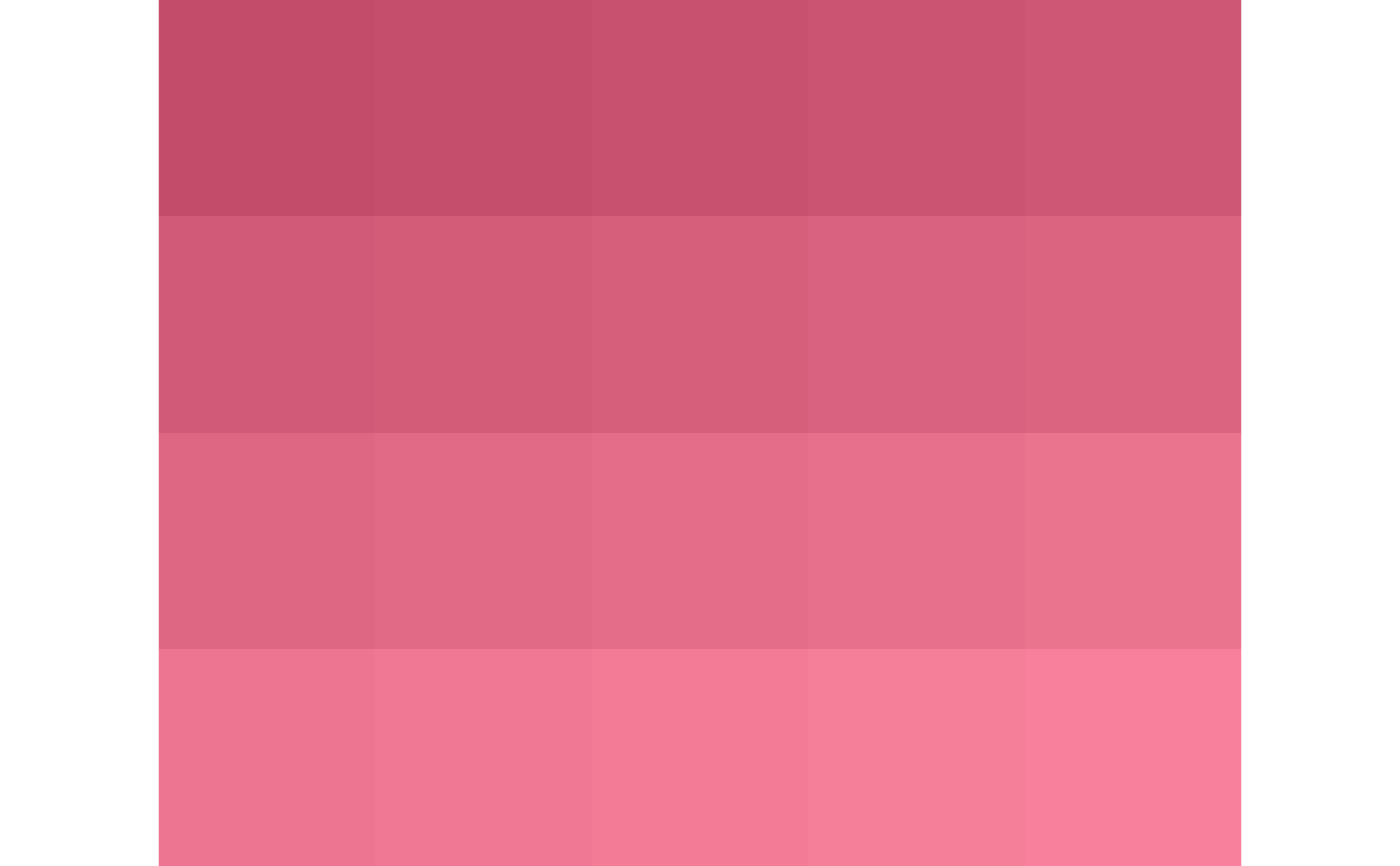Return the built-in color names by the given hex code.
Arguments
- color
A vector of 12 digit (tcl) or 6 (8 with transparency) digit color hex code, e.g. "#FFFF00000000", "#FF0000"
- error
Suppose the input is not a valid color, if
TRUE, an error will be returned; else the input vector will be returned.- precise
Logical; When
precise = FALSE, the name of the nearest built-in colour is returned. Whenprecise = TRUE, the name is returned only if the minimum Euclidean distance is zero; otherwise the hex code of the colour is returned. See details.
Details
Function colors returns the built-in color names
which R knows about. To convert a hex code to a real color name,
we first convert these built-in colours and the hex code to RGB (red/green/blue) values
(e.g., "black" –> [0, 0, 0]). Then, using this RGB vector value,
the closest (Euclidean distance) built-in colour is determined.
Matching is "precise" whenever the minimum distance is zero;
otherwise it is "approximate",
locating the nearest R colour.
Examples
l_colorName(c("#FFFF00000000", "#FF00FF", "blue"))
#> [1] "red" "magenta" "blue"
if(require(grid)) {
# redGradient is a matrix of 20 different colors
redGradient <- matrix(hcl(0, 80, seq(49, 68, 1)),
nrow=4, ncol=5, byrow = TRUE)
# a color plate
grid::grid.newpage()
grid::grid.raster(redGradient,
interpolate = FALSE)
# a "rough matching";
r <- l_colorName(redGradient)
# the color name of each row is identical...
r
grid::grid.newpage()
# very different from the first plate
grid::grid.raster(r, interpolate = FALSE)
# a "precise matching";
p <- l_colorName(redGradient, precise = TRUE)
# no built-in color names can be precisely matched...
p
}
#> Loading required package: grid

 #> [,1] [,2] [,3] [,4] [,5]
#> [1,] "#C24C6A" "#C54E6D" "#C7516F" "#CA5472" "#CD5774"
#> [2,] "#D05A77" "#D35C79" "#D65F7C" "#D8627F" "#DB6581"
#> [3,] "#DE6884" "#E16A86" "#E46D89" "#E7708C" "#EA738E"
#> [4,] "#ED7591" "#F07894" "#F37B96" "#F57E99" "#F8809C"
if (FALSE) { # \dontrun{
# an error will be returned
l_colorName(c("foo", "bar", "red"))
# c("foo", "bar", "red") will be returned
l_colorName(c("foo", "bar", "#FFFF00000000"), error = FALSE)
} # }
#> [,1] [,2] [,3] [,4] [,5]
#> [1,] "#C24C6A" "#C54E6D" "#C7516F" "#CA5472" "#CD5774"
#> [2,] "#D05A77" "#D35C79" "#D65F7C" "#D8627F" "#DB6581"
#> [3,] "#DE6884" "#E16A86" "#E46D89" "#E7708C" "#EA738E"
#> [4,] "#ED7591" "#F07894" "#F37B96" "#F57E99" "#F8809C"
if (FALSE) { # \dontrun{
# an error will be returned
l_colorName(c("foo", "bar", "red"))
# c("foo", "bar", "red") will be returned
l_colorName(c("foo", "bar", "#FFFF00000000"), error = FALSE)
} # }
